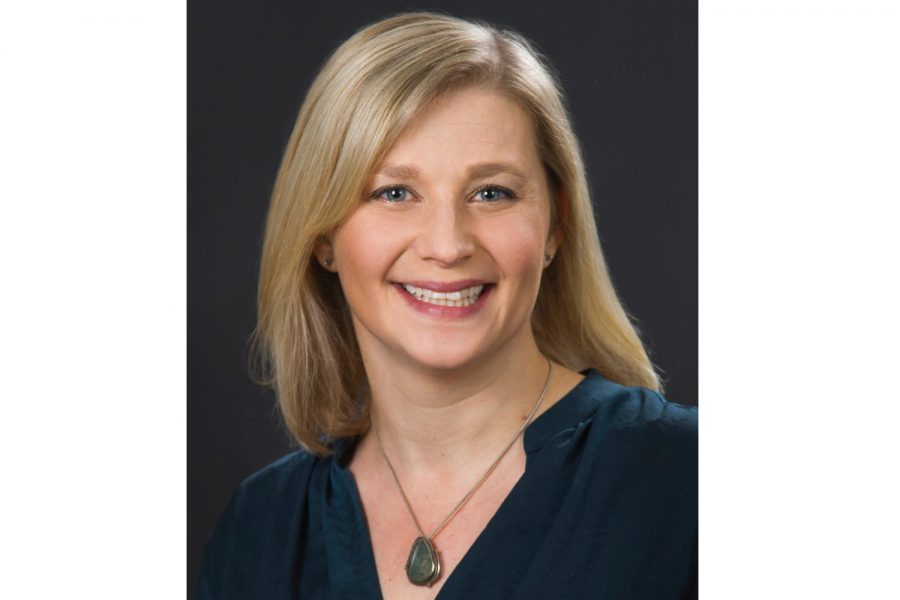It’s really negatively impacted me’: University of Iowa students struggle with burnout
The University of Iowa cancelled spring break to prevent the spread of COVID-19, and replaced it with two instructional breaks. Students and faculty are worn out from the ongoing semester.
April 21, 2021
Thirteen weeks into a 16-week semester, University of Iowa undergraduate and graduate students say they are feeling burnt out.
The UI canceled the traditional week-long spring break for the spring 2021 semester to deter students from traveling across the U.S., meaning the UI would hold 16 straight weeks of instruction, albeit with two weekday instructional breaks.
Professors have looked for ways to alleviate the extra work, including one graduate TA that adjusted curriculum to lighten the workload around the usual time of spring break.
In September 2020, the university announced that spring break would be canceled for the spring 2021 semester to avoid the spread of COVID-19. Classes were canceled on Tuesday, March 2 and Wednesday, April 14 in place of the week-long break.
UI freshman Lydia Kolness said this semester has been a constant rush to keep up with work, without an extended break to relax and catch up on assignments.
“Even my weekends, I feel like are filled with homework, rather than just taking time to rest and relax,” Kolness said. “It’s just really negatively impacted me in the sense where I feel like I don’t really have any time to prioritize taking care of myself, taking care of my mental health — stuff like that.”
Last year, UI students were on spring break from March 15 to March 29, one week longer than normal after the campus shut down to mitigate the spread of COVID-19.
Kolness said that she tried to schedule fun things during the days off, but she still ending up doing homework.
“To be completely honest I did a fair amount of homework on both days, I had a bunch of exams a few days afterwards, so I did a lot of studying,” Kolness said. “My friends and I made a point to do at least one fun thing. I think the first time we went out to get food and then last Wednesday we went and got tattoos.”
RELATED: University of Iowa will have two day-long instructional breaks in lieu of spring break
Lindsey Allemang. a graduate instructor in the Department of Political Science, said that while she is grateful for the instructional break days, she would have rather had them connected to the weekend.
“Particularly for in my job as a graduate student and an instructor for undergrads, it’s really difficult, and not even realistic to think that in the middle of a workweek, any of us are in a position to kind of drop what we’re doing and take a legitimate break,” Allemang said. “It’s a lot more reasonable to imagine doing that when it’s connected to a weekend.”
Allemang said as a graduate student, she understands burnout and implemented a pseudo-spring break around the middle of March where her students didn’t have class or homework.
“I just built into the timeline of the semester a week off for my students that lined up with when I think spring break would have normally been,” Allemang said. “There would be no classes and no homework to do that whole week – it would truly be a week off from my class”.
In a September 2020 study published in the Journal of Medical Internet Research found that of 195 college students surveyed, 71 percent reported experiencing increased stress and anxiety because of the pandemic.
Other schools in the Big Ten and in Iowa’s peer group also canceled a spring break and added instructional days off. University of Illinois took off a Wednesday and Monday. The University of Michigan canceled classes on a Tuesday and Wednesday, too. The Tarheels’ schedule included a Friday off.
Elana Buch is an associate professor at the UI. Buch said that professors are feeling worn out from the semester as well. Many use the traditional spring break from classes not as a time to relax, but to catch up on grading.
“The faculty has been working throughout this with all kinds of our own responsibilities at home and things like that and it’s really complicated,” Buch said. “We’re all exhausted, teaching online is much much more work than teaching in person”.
Buch said that she understands students are juggling a lot and is impressed with their performance this semester.
“’I’ve been really impressed with the level of critical thinking and the level of engagement with the material that my students have been able to do in these circumstances,” Buch said. “I really appreciate that they bring their whole selves to class and are really thoughtful, even though I think that’s challenging”.





